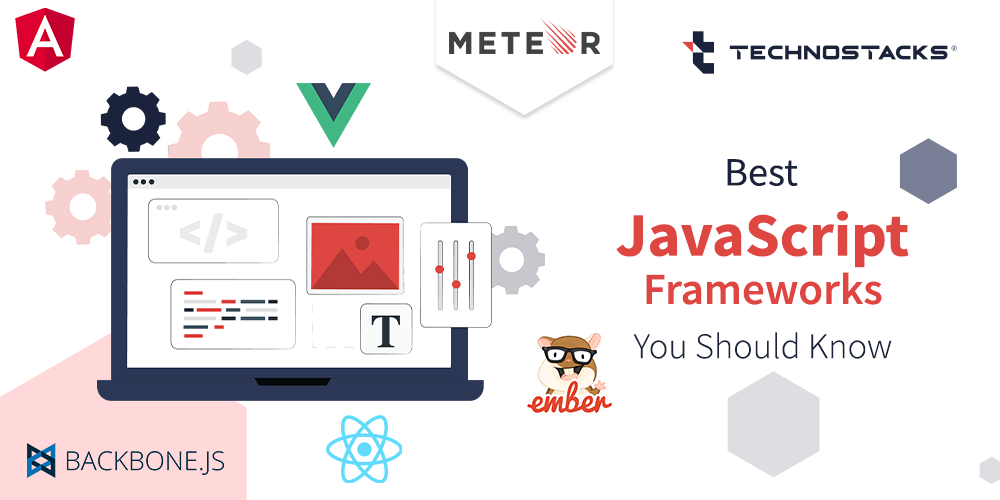Index Surge: Amplifying Your Insights
Stay updated with the latest trends and news across various industries.
Frameworks Face-Off: Picking Your Perfect Match in JavaScript
Discover the ultimate showdown of JavaScript frameworks! Find your perfect match and elevate your coding game today!
Understanding Key Differences: Angular vs. React vs. Vue
When comparing Angular, React, and Vue, it is essential to grasp their core architectural differences. Angular is a robust, full-fledged framework developed by Google, offering everything from routing to state management out of the box, making it suitable for enterprise-level applications. On the other hand, React, created by Facebook, is primarily a library focused on building user interfaces. It emphasizes a component-based architecture and can be integrated with various other libraries. Lastly, Vue stands out as a progressive framework, allowing developers to incrementally adopt its features, which makes it an excellent choice for both small and large-scale projects.
Another critical aspect to consider is the learning curve associated with each technology. Angular's extensive functionality can be daunting for newcomers, but it pays off in the long run for large teams due to its structured nature. In contrast, React's flexibility can lead to a steeper learning curve, particularly when integrating it with its ecosystem. Vue, however, is often lauded for its straightforward syntax and comprehensive documentation, making it the most accessible choice for beginners. Ultimately, understanding these key differences will help developers choose the right framework or library based on their project requirements and team expertise.

Framework Showdown: How to Choose the Right JavaScript Framework for Your Project
When embarking on a new project, one of the most crucial decisions you'll face is selecting the right JavaScript framework. With a plethora of options available, including React, Angular, and Vue.js, it's essential to evaluate each framework's strengths and weaknesses concerning your project needs. Start by considering factors such as the size and scope of your application, the learning curve for your team, and the community support available for each framework. Additionally, think about performance requirements and how each framework aligns with your vision in terms of scalability and maintenance.
Once you've narrowed down your options, it's time to dive deeper into the specifics. For instance, React offers flexibility and a component-based architecture, making it ideal for single-page applications, while Angular provides a comprehensive solution with built-in functionalities, suitable for larger enterprise apps. On the other hand, Vue.js strikes a balance between the two, offering simplicity and versatility. Remember to create a comparison chart to weigh the pros and cons of each framework against your project goals. Ultimately, the right choice should enhance your productivity and enable you to deliver a seamless user experience.
Top 5 Questions to Ask When Selecting a JavaScript Framework
Choosing the right JavaScript framework can significantly impact the success of your project. Here are five essential questions to guide your decision:
- What is the framework's community and support like?
- How easy is it to learn and implement for my team's skill level?
- What kind of performance optimizations does it offer?
- Is it suitable for the specific type of application I am building?
- How frequently is the framework updated and is it being actively maintained?